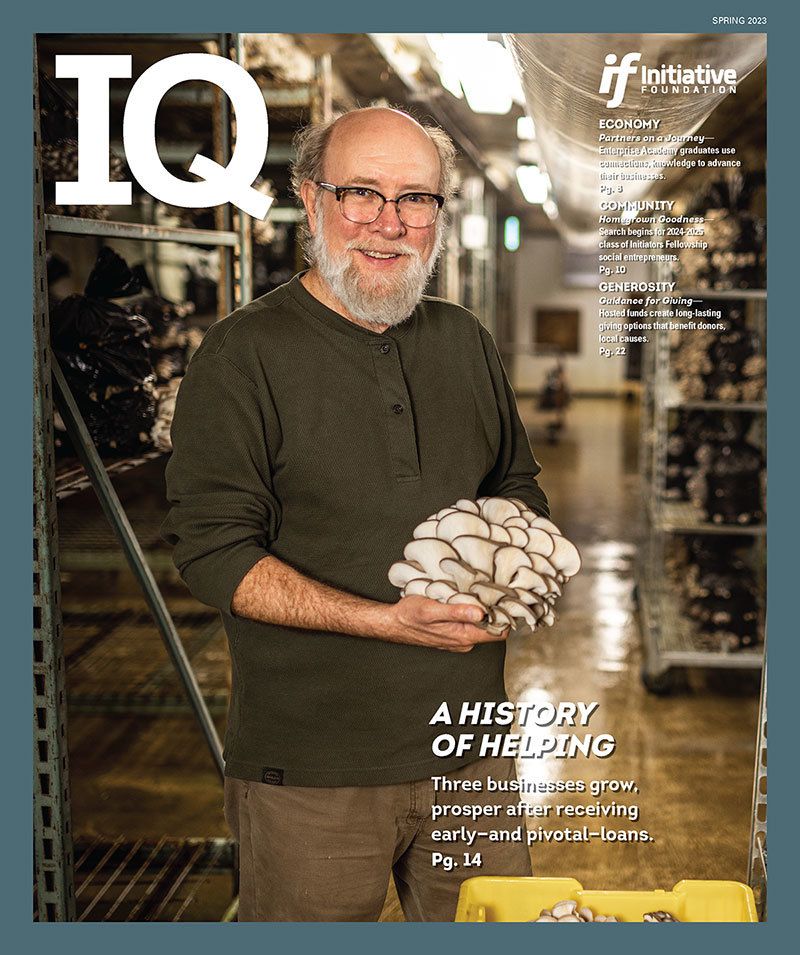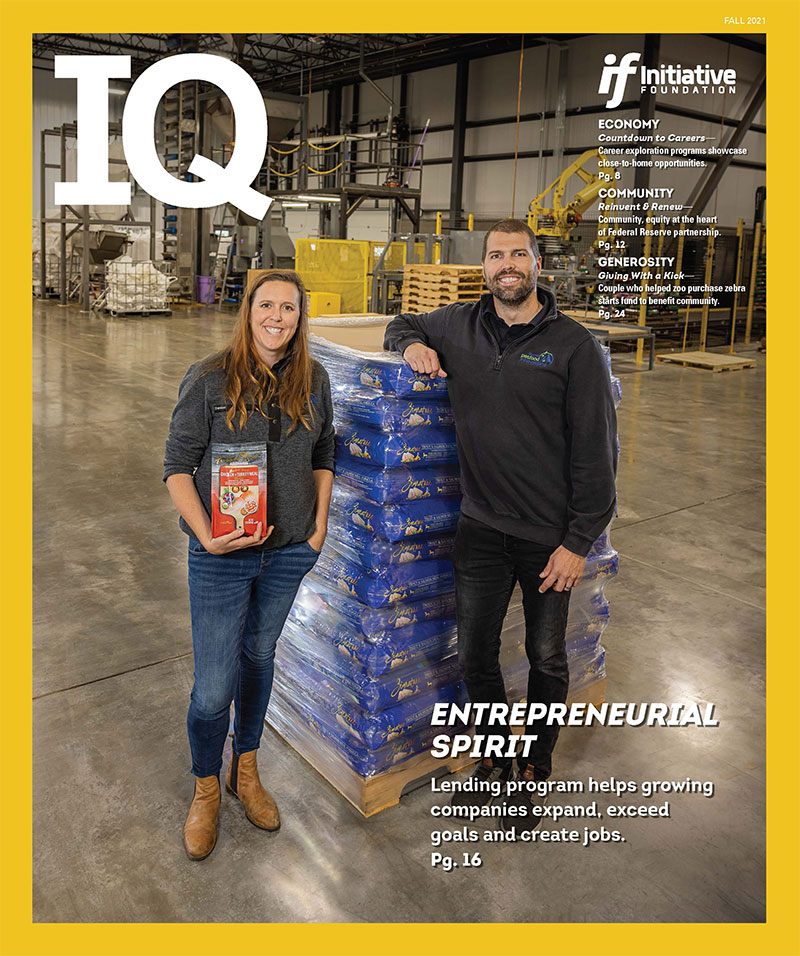All Issues
 Spring
2024
Spring
2024
Where Passion Meets Purpose
2024-2025 Initiators Fellows are leveraging lived experiences to drive meaningful social change.
Read Issue Fall
2023
Fall
2023
Building Back Better
One year in: Special grants help nonprofits transform post-pandemic services.
Read Issue Spring
2023
Spring
2023
A History of Helping
Lending initiatives help entrepreneurs launch, expand, provide stability in communities they help anchor
Read Issue Fall
2022
Fall
2022
Granting With Gratitude
Nearly $26 million helps small businesses, nonprofits survive two-plus years of uncertainty.
Read Issue Spring
2022
Spring
2022
A Major Initiative
Meet emerging social entrepreneurs poised to improve their communities.
Read Issue Fall
2021
Fall
2021
Entrepreneurial Spirit
Lending program helps growing companies expand, exceed goals and create jobs.
Read Issue- 1
- 2


